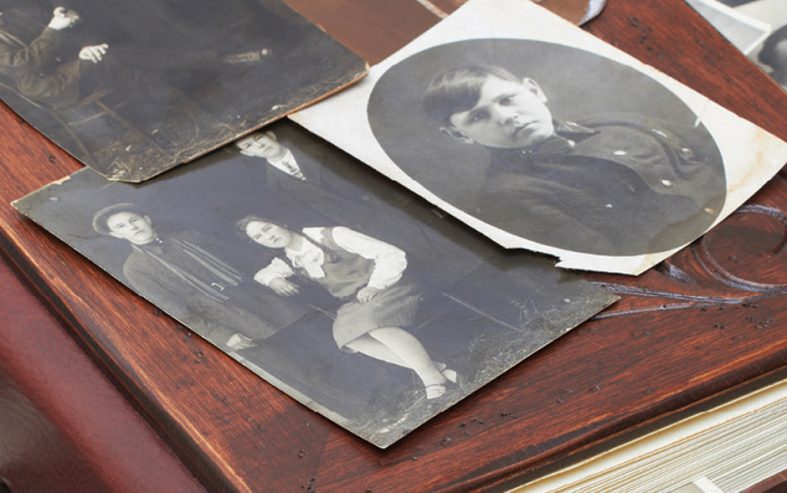By Sam Gutterman
After seeing Coco, an animated movie about Mexico’s Day of the Dead and about the importance of family ties stretching back generations, and reading Bob Reitz’s “End Paper” column on legacy and family history, some snippets about my past might shed some light on how I view the past, both professionally and personally.
My 23andMe genetic testing results indicate that my recent ancestors came from Eastern Europe, which confirms family stories I have been told. My recent family tree consists of poor migrants to the United States one or two generations back. One of my grandfathers, helped by a few well-placed bribes, crossed the ocean to avoid conscription into the Russian army and became a shoemaker. My other grandfather did odd jobs once he came to America—his longest-lasting occupation was as a housepainter.
Neither of my parents went to college, although my father did attend part of one semester, but had to leave in the middle of the Depression to support his mother and three sisters after his father died in an auto accident. I suppose this ingrained in me the value of perseverance and overcoming adversity. My mom didn’t make it to college because her family couldn’t afford to send more than one child—her oldest brother got the nod to go to Columbia.
Like so many families, the wheel of fortune spun in sometimes lucky turns for my family. The U.S. Army wouldn’t let my father fight in the Battle of the Bulge in Europe in World War II because of a bum knee, but that turned out to be lucky for him and me, as some 90 percent of his battalion were casualties.
My grandparents migrated from New York City to the Midwest because of the threat to their children from the Spanish flu epidemic of 1918. From all this, I have concluded that migration is good—good for the immigrant and their family and good for the country they come to. The only party that might be adversely affected is the country from which the immigrant came. I don’t hear about the “melting” pot of the United States much anymore—but from personal experience, I think it is wonderful!
Recognizing my family’s history highlights to me the role of learning about the past and the value of historical experience. Yes, those who fail to learn from the past are doomed to repeat it. You can learn from the past (indeed, actuaries are famous for it) to: 1) find out what didn’t work or why a particular hypothesis is incorrect; and 2) assess whether what worked in the past is likely to work in the future.
But caution about the use of history-based estimates is warranted: You need to prepare not only for best expectations but also for when those projections don’t work so well, which is the basis for risk management. The future, as everyone knows, will differ from the past. For instance, it is not preordained that mortality improvement will continue forever—trends can change; one-time or permanent shocks occur. Randomness and luck also play roles.
I preach the value of looking for both sources and causes of past and future uncertainties, discontinuities, and shocks—get out your binoculars and microscopes to look for possible nonlinearities and asymmetric risks. Don’t always follow rules; look with skepticism at your models—they can only represent history and your best imagination. Nevertheless, we all need a baseline, a set of initial expectations from which to look for trends and correlations, if not causation (even reverse ones).
Of course, there are outliers—in my family it was the odd cousin who married into a wealthy foreign banking family and was never heard from again and several branches severed by the Holocaust. Don’t dismiss outliers out-of-hand.
I rely on historical patterns with skepticism. An economist who work for me claimed that while economic models should not be relied upon, their sensitivity or scenario results can provide great insight. As I gained experience (maturity?), I have found that you need to try to understand the past as best you can but be aware that conditions, and even patterns and relationships, change.
As I was reminded by Coco and the Day of the Dead, as long as others remember you and your ideas, they will be treasured. I have passed my family history to my children and hopefully a few valuable thoughts to colleagues in my chosen profession. I don’t know what I will be remembered for, but I continue to strive to make a difference. What will you be remembered for—by your family, your employer, and by contributions to your profession or society?
SAM GUTTERMAN, a member of the Academy and a fellow of the Society of Actuaries and the Casualty Actuarial Society, retired after many years as a director and consulting actuary with PricewaterhouseCoopers LLP in Chicago.





